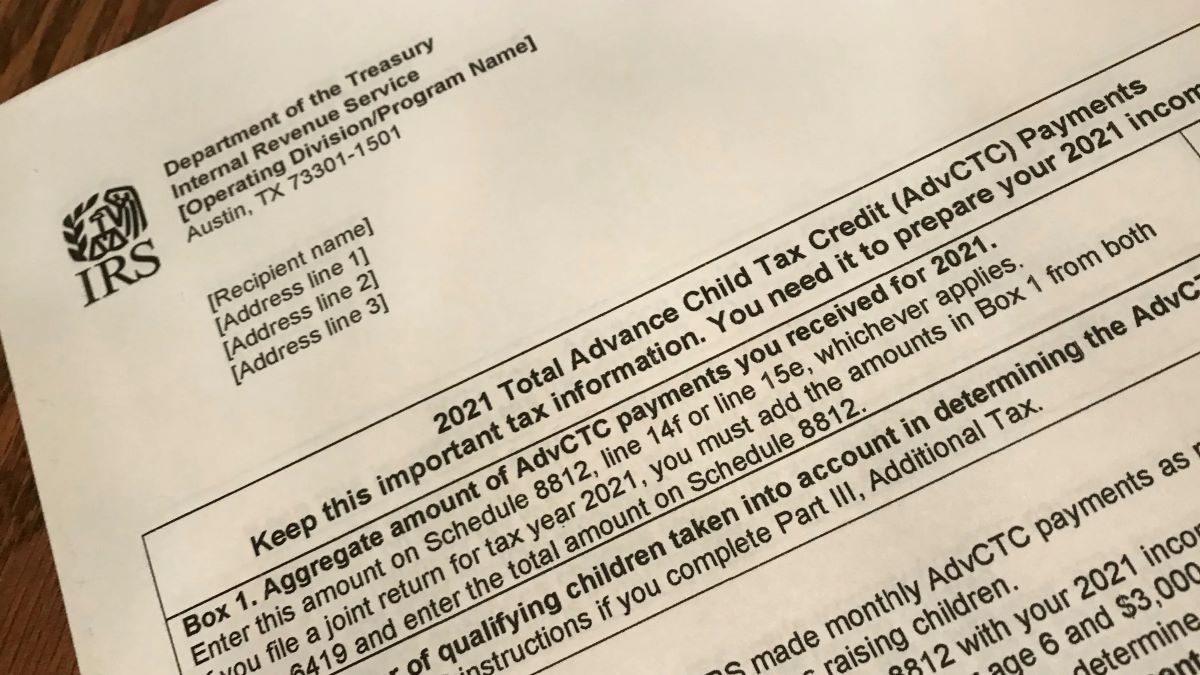Home>Finance>Address Verification Service (AVS): Definition, Uses, And Example


Finance
Address Verification Service (AVS): Definition, Uses, And Example
Published: October 1, 2023
Learn how the Address Verification Service (AVS) assists in finance by validating addresses, reducing errors, and enhancing data accuracy with real-life examples.
(Many of the links in this article redirect to a specific reviewed product. Your purchase of these products through affiliate links helps to generate commission for LiveWell, at no extra cost. Learn more)
Address Verification Service (AVS): Definition, Uses, and Examples
Finance is a vast field that encompasses various aspects of managing money, investments, and financial transactions. One essential tool in the finance industry is Address Verification Service (AVS), which plays a crucial role in enhancing the security and accuracy of financial transactions. In this blog post, we will explore what AVS is, its uses, and provide real-life examples to help you understand its importance.
Key Takeaways:
- Address Verification Service (AVS) is a security feature used to verify the accuracy and validity of a customer’s billing address during financial transactions.
- AVS is widely used in e-commerce, online payments, credit card processing, and other financial systems to prevent fraud and reduce chargebacks.
What is Address Verification Service (AVS)?
Address Verification Service (AVS) is a crucial component of the payment card industry designed to combat fraudulent transactions. It is a security feature integrated into financial systems that allows for the verification of a customer’s billing address provided during a transaction. AVS compares the address information entered by the customer with the address on file with the credit card issuing bank. By cross-referencing this data, AVS helps ensure that the billing address matches the information associated with the customer’s credit card.
Uses of Address Verification Service (AVS)
AVS offers several benefits and uses within the finance industry, including:
- Enhanced Security: AVS is a powerful tool in detecting and preventing fraud. By validating the address, it helps businesses identify potentially suspicious or unauthorized transactions, reducing the risk of financial losses.
- Reduced Chargebacks: Chargebacks occur when a customer disputes a transaction. AVS minimizes the likelihood of chargebacks by ensuring that the customer’s billing address matches their credit card information. This verification step provides evidence to resolve any potential disputes.
- Credit Card Processing: AVS is widely used by merchants during credit card processing to authorize transactions accurately. It validates the address information, strengthening the authentication process and reducing the chances of fraudulent activity.
- Online Purchases: E-commerce platforms and online retailers leverage AVS to verify the accuracy of the billing address provided by customers. This helps prevent unauthorized purchases and provides assurance to both the buyer and seller.
Example: Address Verification Service in Action
Let’s consider an example to understand how AVS works. John is making an online purchase using his credit card. During the checkout process, he enters his billing information, including his address. The payment processor utilizes the AVS feature to compare John’s provided address with the one registered with his credit card issuing bank. If the addresses match, the transaction receives a higher level of authorization. However, if the addresses don’t match, the transaction may be flagged as suspicious, and further steps for verification may be required.
With AVS, e-commerce businesses and financial institutions can protect both their customers and themselves from fraudulent activities. By implementing this address verification solution, they can minimize the risk of chargebacks, protect personal information, and enhance transaction security.
Conclusion
Address Verification Service (AVS) is an indispensable tool that enhances security and accuracy in financial transactions. By verifying the customer’s billing address, AVS helps detect fraud, reduce chargebacks, and ensure the authenticity of transactions. Its use is particularly prevalent in e-commerce, online payments, and credit card processing. Integrating AVS into financial systems can significantly improve transaction security, instill confidence among buyers and sellers, and safeguard against fraudulent activities.
Implementing AVS is just one step toward ensuring secure financial transactions. To learn more about other essential elements in the financial world, explore our FINANCE category for in-depth articles and insights.














